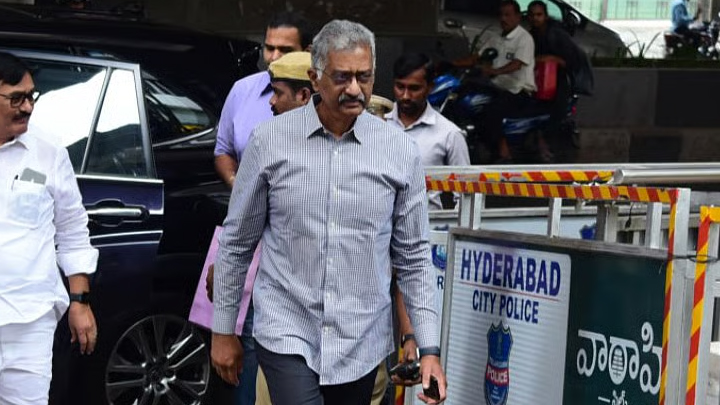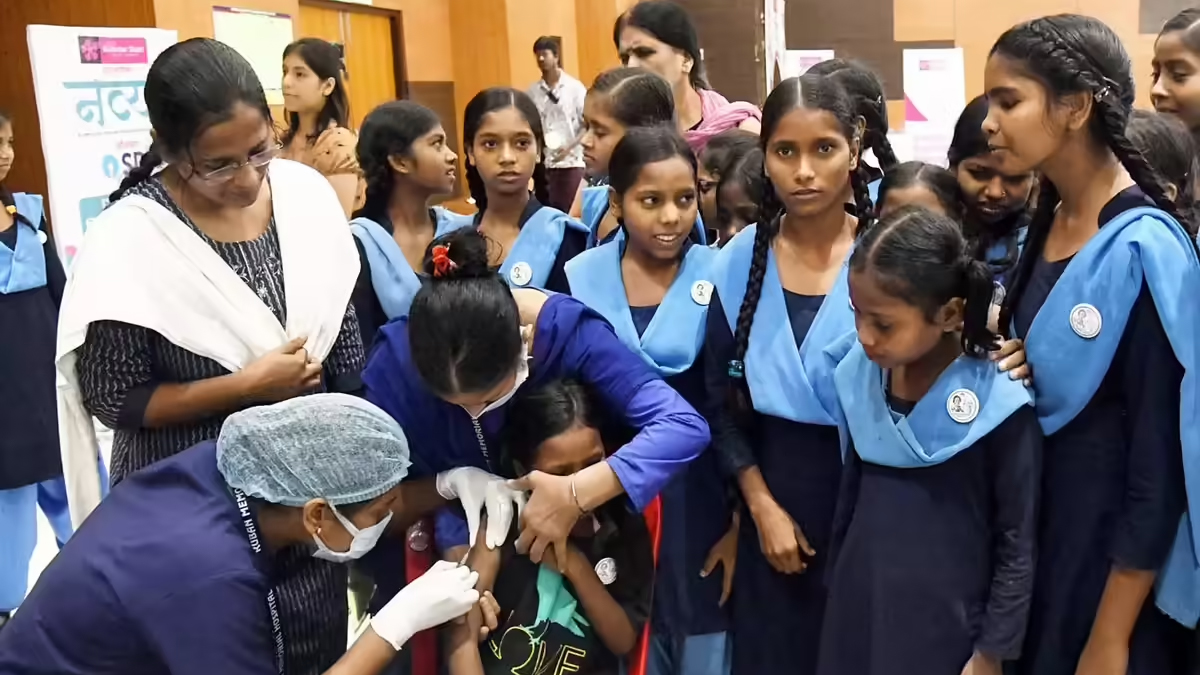The 2023 Telangana Assembly elections were historic for many reasons, but months later, the focus has shifted from the ballot boxes to what is being called one of the biggest surveillance scandals in the state’s history. A mass phone tapping operation, allegedly conducted under the guise of national security, has sent shockwaves through the political and civil society landscape.
According to emerging evidence, more than 4,200 phones were illegally tapped during the run-up to the elections. The surveillance was reportedly orchestrated by a team led by Prabhakar Rao, the then-chief of the Special Intelligence Bureau (SIB). The operation, carried out between November 15 and 30, 2023, allegedly targeted at least 618 political figures, including top leaders from Congress, BJP, and other opposition parties.
Among the most notable names allegedly surveilled were Revanth Reddy, who went on to become Chief Minister, and Mahesh Kumar Goud, the current TPCC President. In a twist that has raised cross-border concerns, the phones of some YSRCP leaders from Andhra Pradesh were also reportedly tapped — including that of Kasu Mahesh Reddy, a former MLA from Gurajala.
What began as speculation has now turned into a full-blown investigation. Inputs from telecom service providers, who flagged unusual surveillance patterns, triggered an external probe. A Special Investigation Team (SIT) has been constituted and has already begun recording witness statements, including those from telecom officials and surveillance staff. Notably, Prabhakar Rao himself appeared before the police on June 9 in response to official summons.
The political fallout has been immediate. Mahesh Kumar Goud has condemned the tapping as a “heinous violation of privacy,” asserting that the Congress was aware of these tactics during the campaign. The incident has sparked serious debate over the misuse of state intelligence apparatus for political gain, and the broader implications for citizen privacy and democratic norms.
Legally, the scandal enters murky territory. While the Indian Telegraph Act, 1885, and the Information Technology Act, 2000, allow for interception in matters of national security or criminal investigations, the sweeping scope and political focus of this surveillance operation may fall outside these legal justifications.
As the SIT continues to unravel the extent of the surveillance, the Telangana phone tapping case may well become a landmark in India’s conversation about privacy, surveillance ethics, and the delicate balance between state power and civil liberty.










